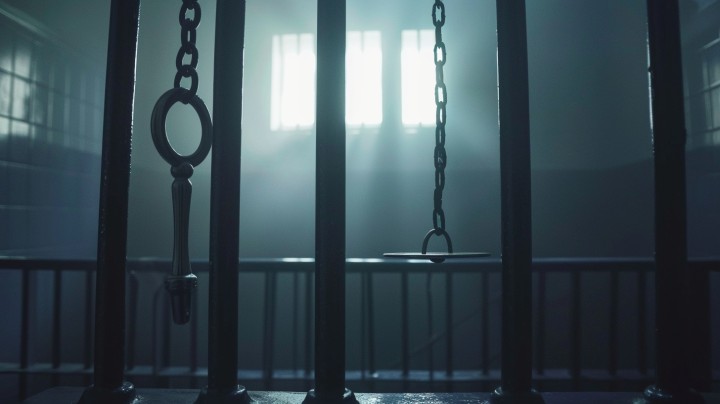The bail bond system has been criticized on several fronts:
Disproportionate Impact on Low-Income Individuals: One of the most significant criticisms is that the bail system disproportionately affects low-income individuals. Those who can’t afford bail often remain incarcerated while awaiting trial, which can lead to lost jobs, housing, and other detrimental effects, regardless of guilt or innocence.
Inequality and Discrimination: Critics argue that the bail system perpetuates inequality and discrimination. Wealthier defendants can afford to pay bail and secure their release, while poorer defendants cannot. This creates a two-tiered system where wealth, rather than the severity of the alleged crime or the risk of flight, determines pretrial freedom.
Risk Assessment Concerns: The bail system often relies on risk assessments to determine bail amounts, but these assessments can be flawed or biased. Factors such as race, socioeconomic status, and past interactions with the criminal justice system may influence risk assessments, leading to unequal treatment.
Incentives for Bail Bond Industry: The for-profit bail bond industry has been criticized for exploiting defendants and their families. Bail bond agents often charge non-refundable fees, which can be financially burdensome for defendants and their families, even if the defendant appears in court as required.
Increased Detention Rates: Research suggests that the use of money bail leads to higher pretrial detention rates, as individuals who cannot afford bail remain in jail until their trial date. This can lead to overcrowded jails, increased taxpayer costs, and negative outcomes for defendants, including lost jobs, housing, and disruptions to family life.
Impact on Public Safety: Critics argue that the bail system’s focus on monetary conditions of release may not effectively address public safety concerns. Instead, alternative forms of pretrial release, such as supervised release programs or electronic monitoring, may better ensure public safety while allowing low-risk defendants to await trial outside of jail.
Lack of Evidence of Effectiveness: There’s limited evidence to suggest that the bail system effectively achieves its intended goals of ensuring court appearances and protecting public safety. Alternatives to money bail, such as court reminders and pretrial services, have been shown to be equally effective or more effective at ensuring court appearances without the negative consequences associated with money bail.
These criticisms have led to calls for bail reform, with some jurisdictions implementing alternatives to the traditional bail system in an effort to address these concerns and create a fairer and more effective pretrial process.






